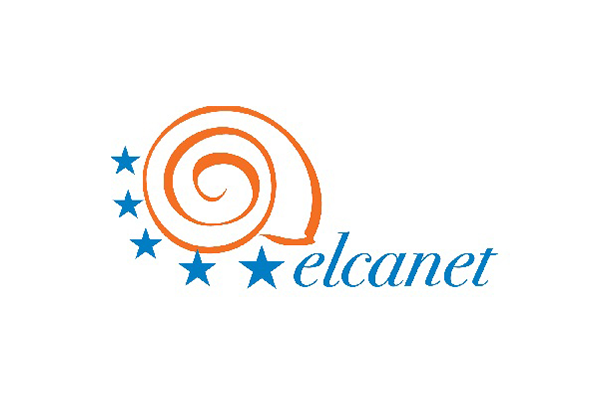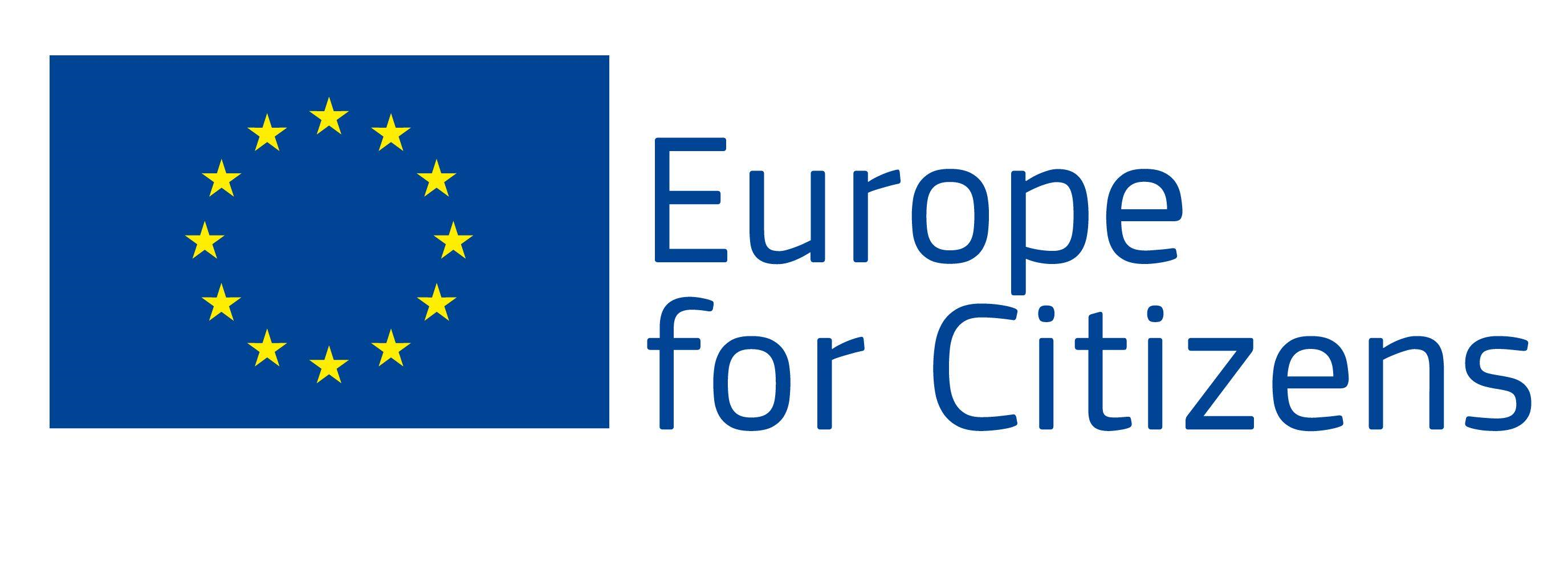

Europe for Citizens

Elcanet has been a project co-financed by the European Commission in the framework of the Europe for Citizens programme, Action 1 – Measure 1.2 Network of Twinned Towns. The project consisted of 9 events that took place in the different municipalities of the member partners of the project, during the two years 2011-2012. The idea of Elcanet started off form the acknowledgement that North and South Europe cultures regarding elderly care differ a lot. Whilst the Northern model depends on public services such as private suppliers, NGOs and associations, the southern model depends on the role of the families as caregivers. Nevertheless, in both cases the families are on their own and thereby in need of support. In the sector of elderly care, both the families and the local authorities play a key role, but the demand is increasing and the current models will not be able to satisfy the needs of the citizens. It is necessary to support the families living with elderly people, to develop the help to elderly people living alone and to individuate models cost – effective and flexible enough for home assistance, and to deepen the possible technological solutions and the user’s perception and knowledge of services. A common problem such as the progressive getting older of European citizens makes this project a useful effort to get effective solutions and therefore give opportunities to the different local authorities to interact and participate in building a strict cooperation.
Regarding specific objectives, the project brought together people from local authorities, encouraging interaction between citizens and developing thematic long lasting cooperation between towns and themes relevant for the target groups. It will also help to create new methods and strategies through the involvement of different service providers. The added value of this project has to be found in the opportunity for the participants to introduce locally the best available solutions coming from the discussion and the exchange of best practices developed inside the project activities. This chance to implement new policy models can be seen as the transfer of transnational knowledge in local working models which can provide long lasting effects in the municipalities’ actions. Another important feature of this project was the strong element of intergeneration solidarity which represents an important element for achieving the project’s objectives:
Kick off meeting
1/3 February 2011
Salsomaggionre (IT)
Opening conference
5/7 April 2011
Pori (FI)
Seminar on ”Equal opportunities in family support”
3/6 May 2011
Cambre (ES)
First thematic working groups meeting
24/27 May 2011
Jyväskyla (FI)
Second thematic working groups meeting
27/30 September 2011
Borgo val di Taro (IT)
Half way evaluation meeting
30/01 January 2012
Salsomaggiore (IT)
Third thematic working groups meeting
7/10 May 2012
Ravenna (IT)
Fourth thematic working groups meeting
4/7 June 2012
Pori (FI)
Final conference
3/6 December 2012
Ravenna (IT)
Elcanet deepened the mutual knowledge among the partners on four thematic areas: ICT possibilities in elderly care; education and training; home services; activation and prevention. After the kick off meeting the partnership organised the 8 events which unfolded during 24 months in order to develop the four thematic issues. Four thematic groups were formed to discuss current situations, best experiences, hardships and problems. After the final event some partners showed great interest in continuing the work started with this project and some declared to be available to find new project proposals especially supporting ICT solutions involving Universities and Small Medium Enterprises and developing Activation and Prevention issues.

Vårt mål är att öka samarbetet mellan medlemmarna i nätverket, mellan Italien och Sverige och, mer allmänt, mellan norra och södra Europa inom Europeiska Unionen.
Stradone Martiri della Libertà, 15 – 43123 Parma (PR) – Italy | C.F.: 91251370374
Tel: +39 0521686023 – Fax: +39 0521686023 – Website: www.sern.eu – Email: secretariat@sern.eu – PEC: secretariat@pec.sern.eu
© 2021 | All rights reserved